
Welcome to The Regenerators.

Nature is home to some of the best examples of collaborations.
Look at bees – each bee hive can consist of tens of thousands of bees, and each bee has a specific job to guarantee the success of the hive. They’re some of the most successful collaborators on the planet.
From the stone age to the smartphone age, it’s in our nature to want to support each other to achieve a bigger goal. Climate change is one of the biggest challenges we face as a society today, and by working together we can find brilliant solutions.
How can we collaborate to combat climate change?
Hear from three young people about how you can work with others to address environmental issues.
Zaqiya: There are many things that we can do for the environment, but no one can do it alone.
There are lots of organisations within the UK, that are leading the charge in combating climate change. For example, a youth led organisation called Teach the Future is petitioning the government to put climate change on the curriculum.
Amy: It's so important to find a community of people who care just as much as you do.
Charlotte: Start with people you're familiar with as a way to build your confidence.
Alicia: Have open conversations about the environment, about sustainability.
Charlotte: Maybe search into other organisations that you could join to meet new people, for example, local youth councils or online forums.
Alicia: Talk about it on social media, save posts and you know, share them. Also have fun when you're talking about these things. Sustainability doesn't have to be this kind of boring, dry thing that you're forced to do, 'Ah I should recycle every ten jars that I see.' It can be exciting and you can literally build a community if you aren't able to find one.
Amy: Perhaps starting a society in your school or university.
Alicia: Who can make big differences?
Nayan: Taking action locally is hugely important.
Charlotte: It's a way of getting an entire community involved in a project.
Nayan: It can be as simple as picking litter from outdoors and recycling it.
Zaqiya: It's really simple to even take action just from your home. Go online and find petitions for you to sign and whilst your online, you can go and send an email to your local MP.
There's plenty out there already that are pre-written and you can just add in your details and send it off.
Nayan: Taking action for the first time was nerve wracking.
Alicia: Absolutely terrifying.
Nayan: That first step may be the hardest, but certainly the most crucial.
Amy: My very first actions were to join campaigns by signing petitions.
Charlotte: Writing an email and speaking up about my worries about the climate crisis.
Amy: By writing letters to my MP, by writing articles about issues that I cared about and then I challenged my family to go plastic free and it was by doing something that I felt hopeful again.
Charlotte: It definitely kind of helped me feel more empowered about the situation and I felt less worried or concerned about the future because actually, I was doing something.
Zaqiya: Just start somewhere, you can start really, really small because loads of small collective actions will actually create a huge impact.
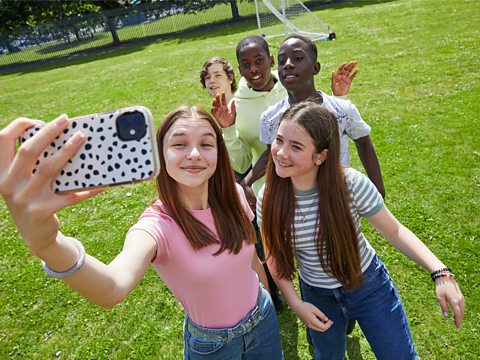
Find your people
What environmental causes are you most passionate about?
From tackling plastic pollution in the oceans to making schools more eco-friendly, chances are there are lots of organisations or online groups working to address the issues you care about.
Joining an organisation or group is also a great way to meet likeminded people, expand your knowledge and gain experience. Surrounding yourself with people who value similar things to you can also create a sense of belonging and help you stay hopeful.
Looking for a challenge? Try setting up your own environmental group at school or with friends who live near you. Hendrikus van Hensbergen, Founder and CEO of , wrote a book titled How You Can Save The Planet, which gives practical tips for teenagers to address climate change. He says, “You can achieve more if you have more people helping you, and that’s why working together is important. The clearer you are about the kind of support you need, the better.”

Think local
You can make change happen wherever you are – at home, at school, or in your neighbourhood. Start by observing the world around you more. What have you noticed in your day-to-day life that you think could have a more positive impact on the environment?
Maybe talk to your family about things you can do together, like composting your food waste. Discuss what would make it easier for these changes to happen and what the challenges might be, then make a plan for how you’re going to address it together.
Perhaps you notice that the canal near your house is littered with plastic or that there are unused spaces where trees or flowers can grow. Chances are other people may have noticed the same issue, but for whatever reason don’t feel they can do something about it. But someone’s got to start somewhere, right? That someone could be you!
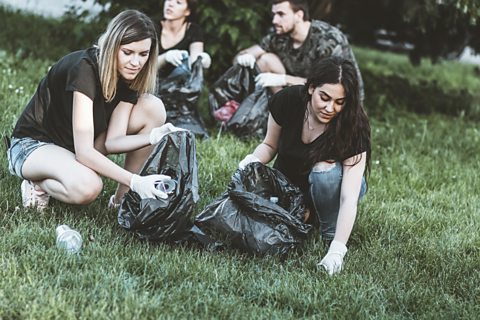
Take the first step
Trying to do something new or different can be daunting. One way to make it more manage-able is to start small. What’s something quick you can do today to get the ball rolling? Perhaps you can text a friend to ask if they’d like to help you grow your idea, or maybe you can start jotting down your vision for a climate-friendly future – for example, no single-plastic use at school, a community that’s free of litter, or an easier way to swap unwanted clothes with friends.
Need some financial help making your first move? You can try raising money for your project through a bake sale or a film night. Hendrikus says, “Fundraising is often considered a boring part of a project. But it can be really fun and helps to raise awareness. Set a target of how much money you need and be open about how you want to spend it. For example, let people know that if they donate £1, it will cover the costs of printing some A4 posters, and if they donate £10, you can produce some informative booklets.”
Whatever you do to take that first step, the most important thing is to remember that you don’t have to be perfect – you just have to try.

Make a difference
Discover more about the planet and how to protect it with the Â鶹ԼĹÄ.
How to drive change in your community
THE REGENERATORS
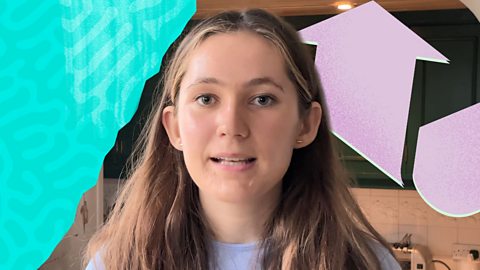
Is this the greenest football club in the world?
THE REGENERATORS
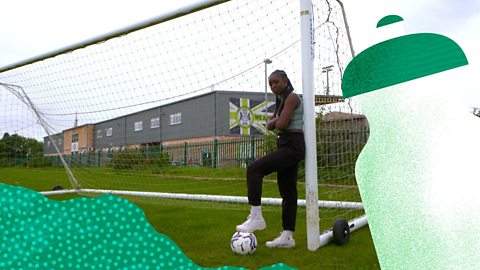
Can creativity save the planet?
THE REGENERATORS
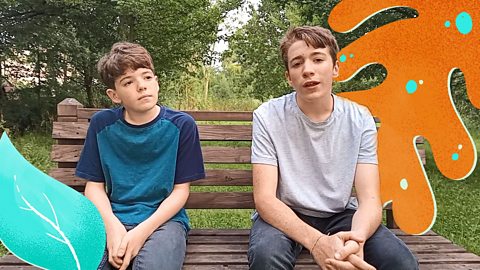
Back to The Regenerators
Â鶹ԼĹÄ BITESIZE
